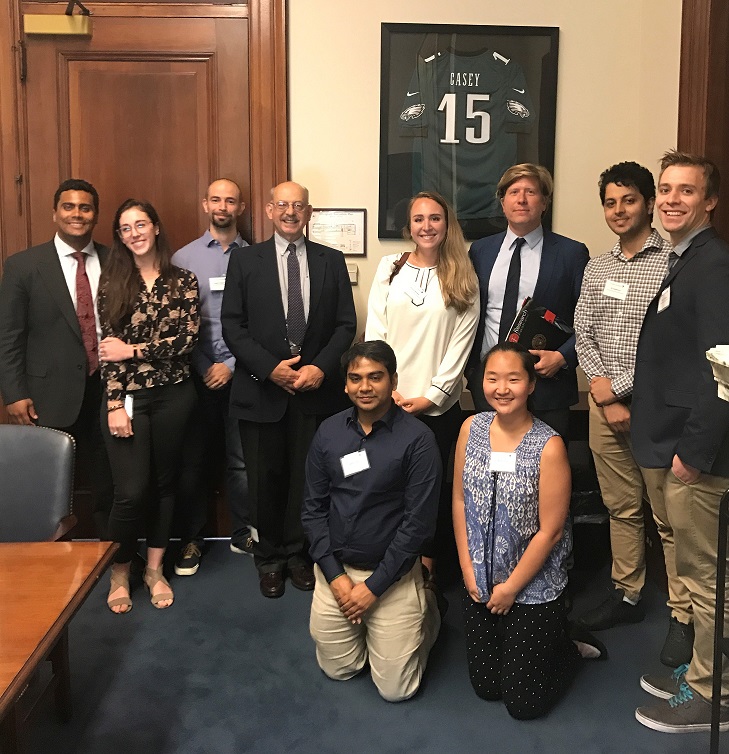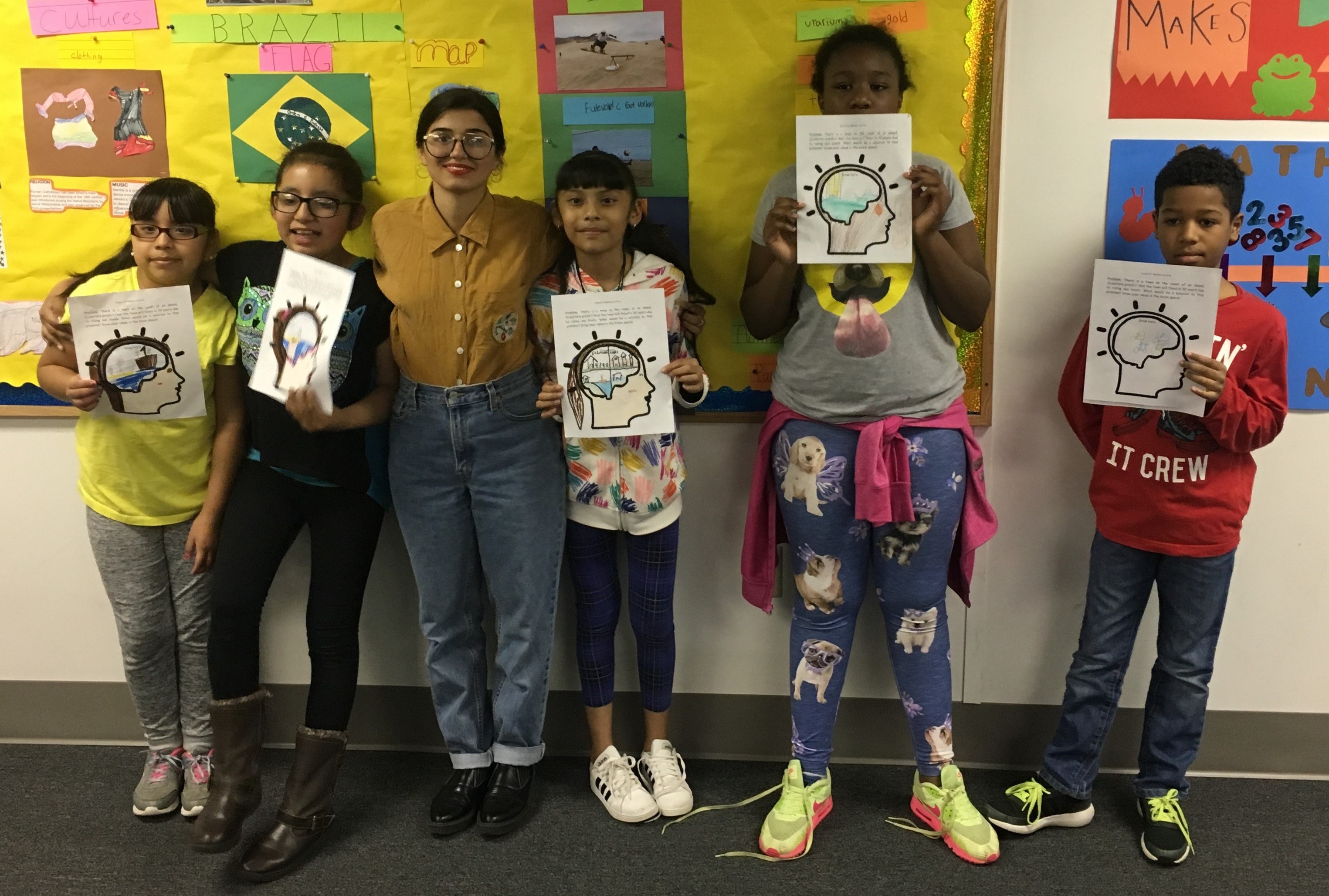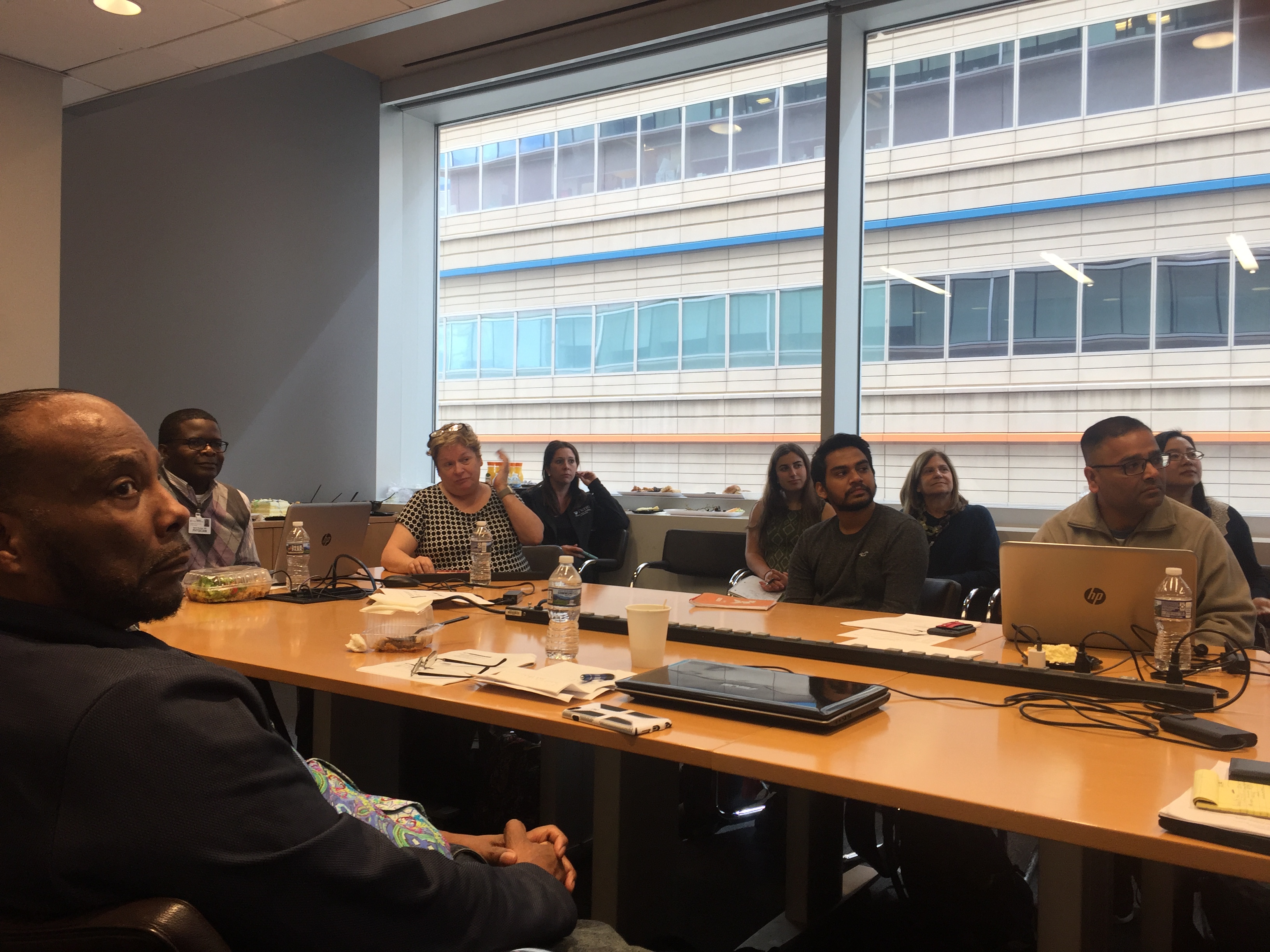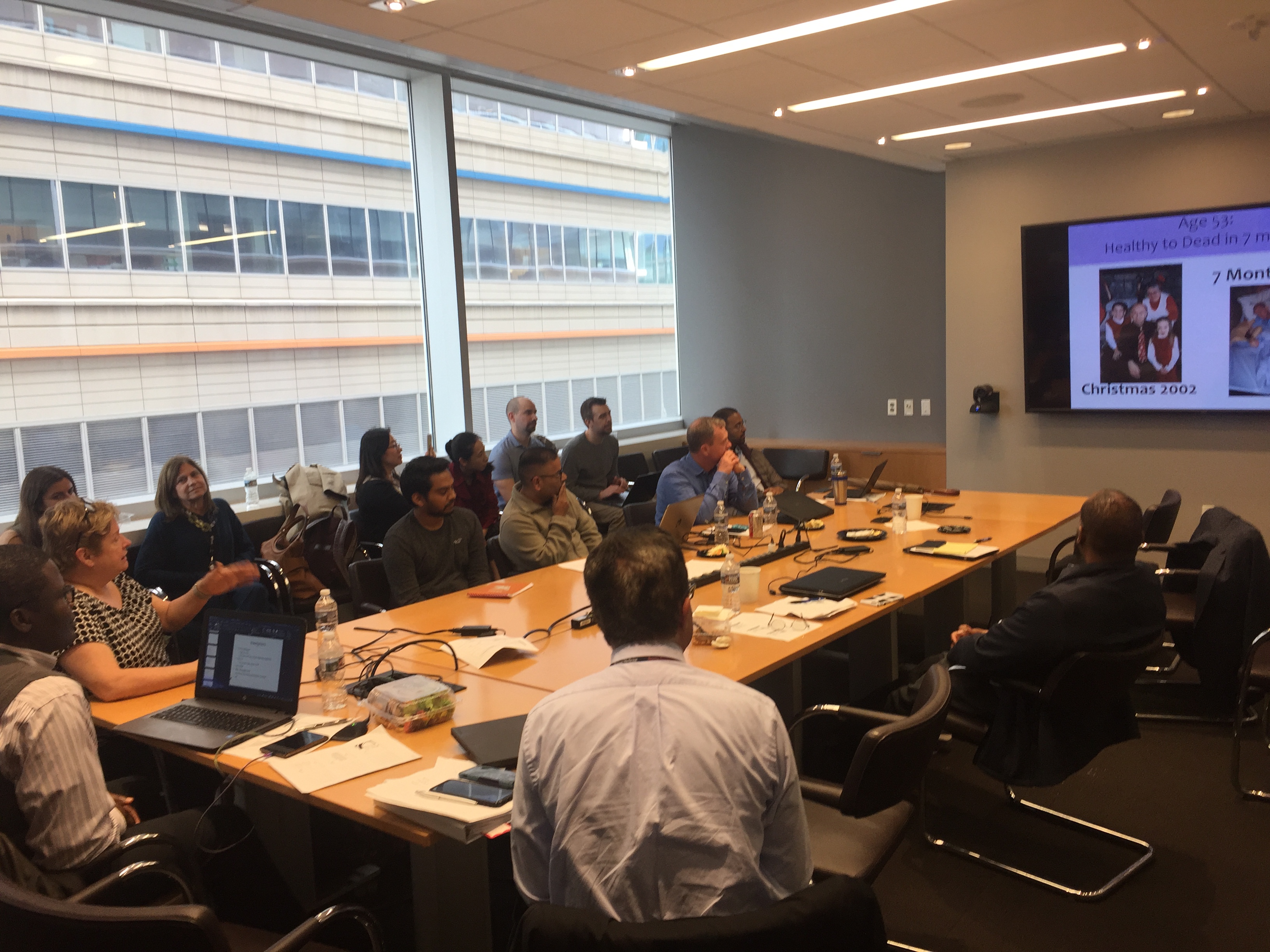REACH AMBLER
Resources for Education and Action for Community Health in Ambler (REACH Ambler: website) explores the history, environmental health, and community identity of Ambler, Pennsylvania, through a partnership between the University of Pennsylvania’s School of Medicine and the Science History Institute (formerly the Chemical Heritage Foundation).
From the 1880s through the mid-20th century asbestos production was the cornerstone of Ambler’s local economy. In more recent years Ambler has grappled with its legacy of material production, including a Superfund site and piles of asbestos in various states of remediation, as well as changes in demographics and the local economy.
Through methods connected to oral history, public history, and science studies, the REACH Ambler project team has collected and contextualized diverse viewpoints and information from Ambler residents and institutions. This research has informed a variety of interpretive pieces that demonstrate how history can help a community define its present and shape its future.
*To view the "White Mountains" plays created through REACH Ambler, please follow this link!
Marilyn Amento (ADAO member & Ambler resident) Presentation to Penn Medicine Occupational Medicine Residents and SRP Trainees
May, 10 2019: Marilyn Amento, an Ambler resident who lost her husband to Mesothelioma, who also works with the Asbestos Disease Awareness Organization (ADAO), gave a presentation to the University of Pennsylvania School of Medicine Occupational Medicine Residents and SRP Trainees. She discussed her husband's asbestos exposure and illness and the impact on her family, community attitudes to asbestos, and her involvement with the ADAO and the work of the ADAO. After her presentation, Dr. Fran Barg (Co-Leader of the SRP Community Engagement Core), and Dr. Edward Emmett (Leader of the SRP Community Engagement Core) discussed the use of mixed method research methods to understand the meaning of environmental-caused diseases to an affected community.
2019 Penn Medicine Community Benefit Report "Simply Because" featuring Penn SRP Coordinators
Jessica Meeker, MPH (SRP Research Translation Coordinator) & Michael B. Anderson (Community Engagement Coordinator) featured in the 2019 Penn Medicine Community Benefit Report. "Propelled by our missions of patient care, education, and research, Penn Medicine works with its surrounding communities to foster change by cultivating and growing roots within them. Our community service mission is linked to each of these other domains, infused in everything we do."
What are the Trainees doing now…?
 While in Washington DC July 11th and 12th attending the 2018 Science + Policy Institute for the Superfund Research Partnerships Network (Network: Duke University, University of Pennsylvania, University of Kentucky, University of Louisville), Penn SRP Trainees with the RTC/CEC coordinators and the Director of the Penn SRP RTC, took the time to visit with Adam Tarr, Pennsylvania Senator Casey's energy and environment staffer.
While in Washington DC July 11th and 12th attending the 2018 Science + Policy Institute for the Superfund Research Partnerships Network (Network: Duke University, University of Pennsylvania, University of Kentucky, University of Louisville), Penn SRP Trainees with the RTC/CEC coordinators and the Director of the Penn SRP RTC, took the time to visit with Adam Tarr, Pennsylvania Senator Casey's energy and environment staffer.
Community Engagement

In April, 2018 SRP Trainee Sabrina Elkassas (with the help of the Research Translation Core team) visited the Wissahickon Valley Boys & Girls Club in Ambler, PA to show local 4th graders how to think about creative solutions to problems using the scientific method .
. . . for more activities of Penn SRP Investigators and Trainees link here









